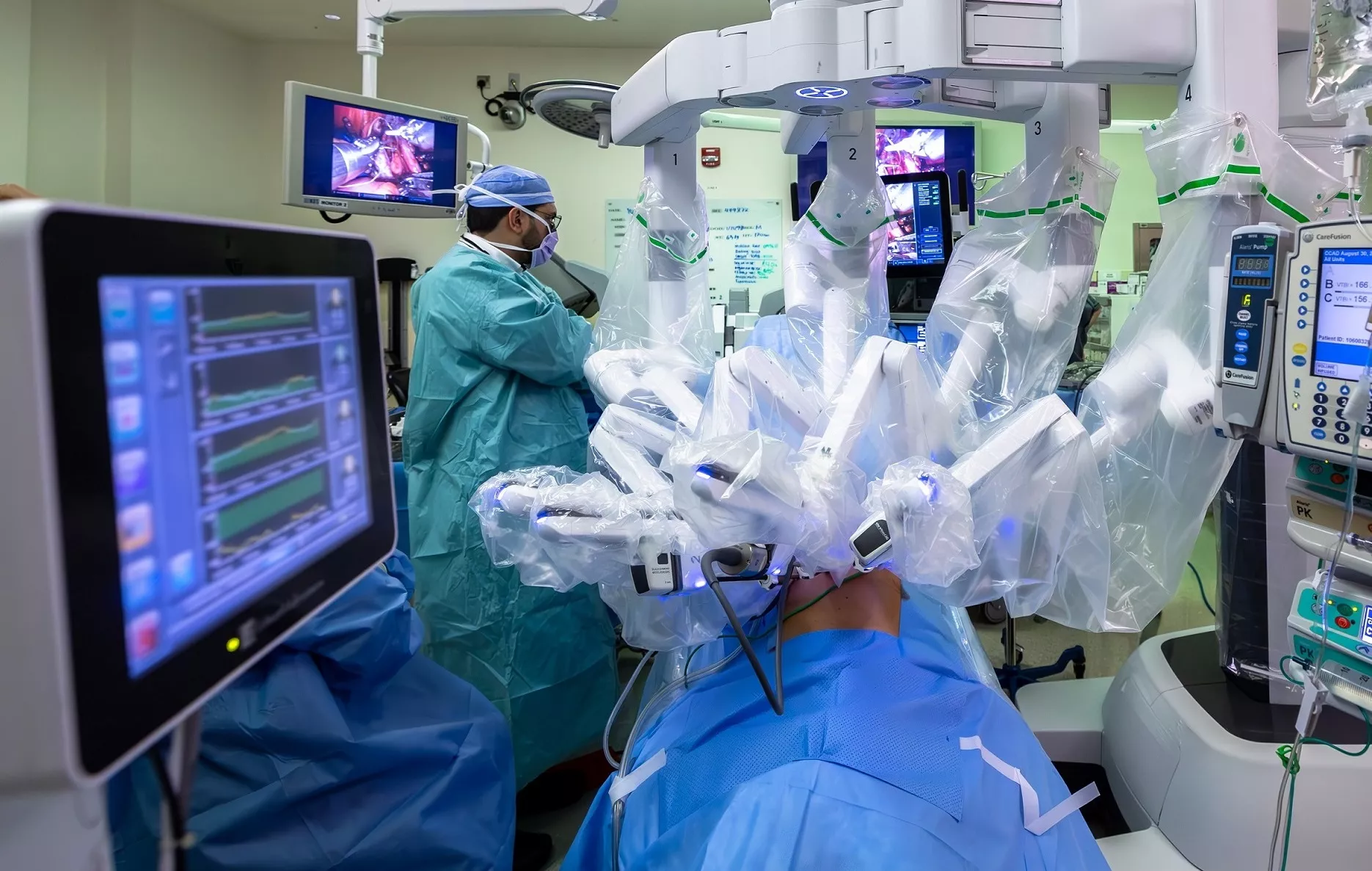
While the role of an anesthesiologist is commonly associated with administering anesthesia during surgery, their responsibilities extend far beyond this crucial aspect of patient care. At Cleveland Clinic Abu Dhabi, our team of anesthesiologists plays a pivotal role in ensuring the safety, comfort, and well-being of patients throughout the perioperative period. In this article, we delve into some lesser-known duties of anesthesiologists, highlighting the comprehensive care they provide to patients before, during, and after surgery.
Preoperative Assessment and Optimization:
Anesthesiologists conduct thorough preoperative assessments to evaluate patients’ medical history, current health status, and potential risk factors for anesthesia and surgery. They work closely with other members of the healthcare team to optimize patients’ health and prepare them for surgery. This may involve managing chronic medical conditions, adjusting medications, and addressing any concerns or questions the patient may have.
Anesthesia Planning and Management:
Anesthesiologists are responsible for developing individualized anesthesia plans tailored to each patient’s unique needs and the requirements of the surgical procedure. They select the most appropriate type and dosage of anesthesia, taking into account factors such as the patient’s age, medical condition, surgical site, and anticipated duration of surgery. During surgery, anesthesiologists closely monitor patients’ vital signs, administer anesthesia medications, and adjust anesthesia levels as needed to ensure optimal patient comfort and safety.
Pain Management:
Anesthesiologists play a key role in managing pain before, during, and after surgery. They use a variety of techniques, including regional anesthesia, nerve blocks, and multimodal analgesia, to minimize pain and discomfort during the perioperative period. Anesthesiologists work collaboratively with surgeons, nurses, and other healthcare providers to develop comprehensive pain management plans that address patients’ individual needs and preferences.
Critical Care and Resuscitation:
Anesthesiologists are trained in critical care medicine and are skilled in managing medical emergencies and resuscitation efforts. In addition to their role in the operating room, they provide critical care services in the intensive care unit (ICU) and emergency department (ED), where they oversee the care of critically ill or injured patients. Anesthesiologists are trained to respond quickly and effectively to life-threatening situations, providing advanced airway management, hemodynamic support, and other life-saving interventions as needed.
Postoperative Care and Monitoring:
Following surgery, anesthesiologists continue to monitor patients’ recovery and manage any postoperative complications that may arise. They assess patients’ pain levels, respiratory function, and overall well-being, and adjust medications or interventions accordingly. Anesthesiologists work closely with nurses and other healthcare providers to ensure a smooth transition from the operating room to the recovery area and beyond, providing ongoing support and guidance to patients and their families.
Anesthesiologists at Cleveland Clinic Abu Dhabi are integral members of the healthcare team, providing comprehensive care to patients throughout the perioperative period. In addition to administering anesthesia, they play key roles in preoperative assessment and optimization, anesthesia planning and management, pain management, critical care and resuscitation, and postoperative care and monitoring. Their expertise, skill, and dedication ensure the safety, comfort, and well-being of patients undergoing surgery and other invasive procedures.


